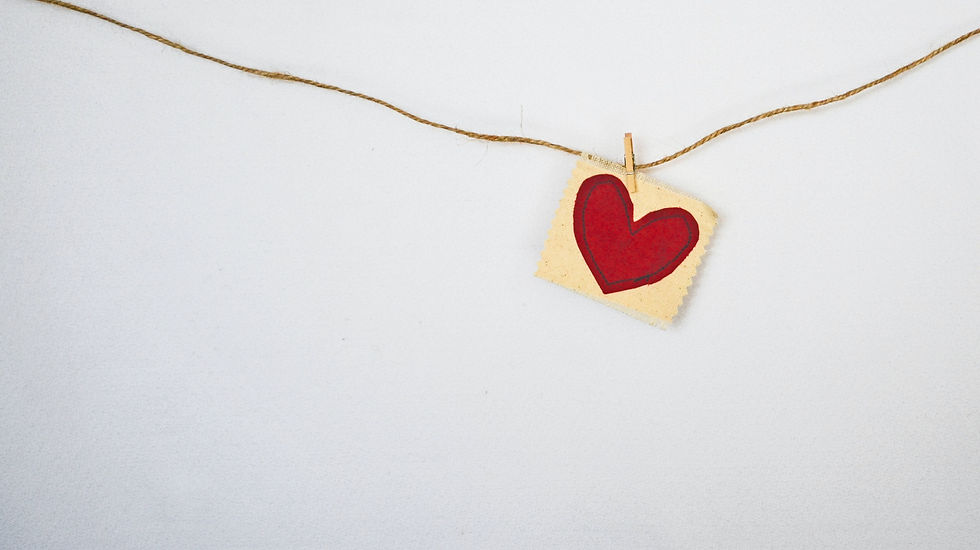LET’S TALK ABOUT CHRONIC INSOMNIA. THE CAUSES MIGHT SURPRISE YOU.
- lorraine92919
- Aug 10, 2020
- 1 min read
Updated: Aug 28, 2025
If you find yourself struggling to get out of bed and function normally after losing an hour sleep on the weekend, don’t feel bad – you’re not alone. One hour might not sound like a big deal, but believe it or not, studies have actually found an increase in both car accidents and heart attacks the Monday after Daylight Saving Time. Kind of like having jet lag, it can throw off our circadian rhythm – that’s the body’s 24 hour biological clock that helps tell us when to sleep, when to wake, and regulates so many of our hormones and biological processes, from hunger and weight gain to cortisol, melatonin and even the microbiome. Fortunately, most people and their circadian rhythms adjust to the one-hour time change after a day or two without too much difficulty.
But if you are like most people, you also might be experiencing what’s known as “social jet lag” on a regular basis. Enjoying your days off, you probably stay up late on weekends and sleep in a bit later to catch up on sleep. Makes sense in the short term, right? Unfortunately, the reality is that an irregular sleep-wake routine, among other things, can take its toll on the circadian rhythm and – over time – lead to chronic insomnia.

Looking for support with your sleep? Book a free 15-minute phone consultation with Lorraine - your opportunity to learn more about one-on-one sessions for anxiety and/or CBT for insomnia (CBT-I).
Share CBT-I for insomnia ❤️

Know someone struggling with sleep?
Share this article if you think they could benefit.
Join us on social media for more tips:



Comments